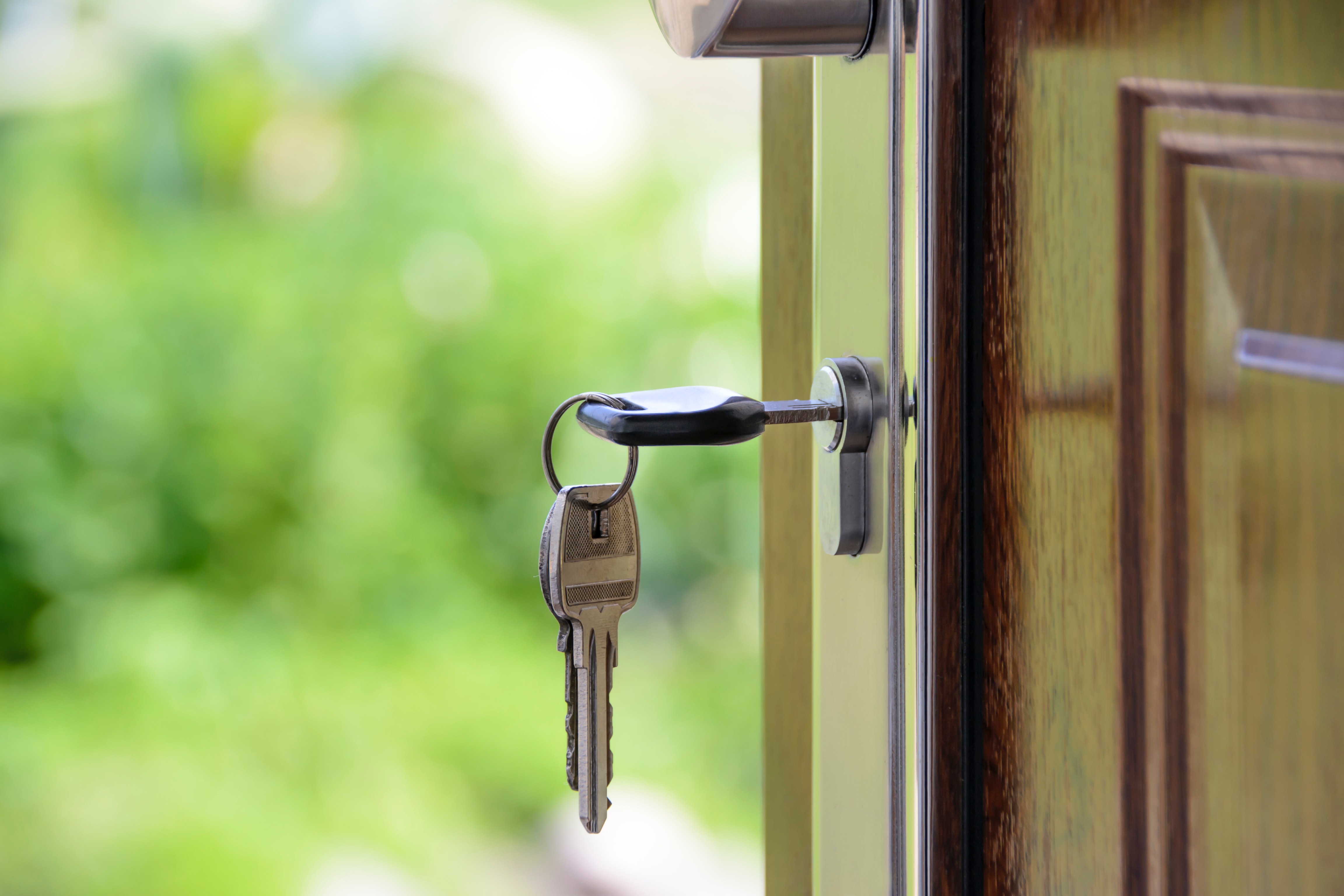‘The best way to create wealth and secure financial independence in the future is to invest in property wisely at the right time’. Owen Reilly, June 2020.
Know all the costs.
Very important you are aware of all the costs associated with renting your property to work out the net rental income. Consider all professional fees, maintenance costs and pre-letting fees. Void periods should also be included in any analysis. Other costs when buying include stamp duty (1% up to €1 million, 2% of the amount over €1 million) and legal fees. If the property requires renovation it is very important you get accurate costs on the works from a contractor. We regularly see investors underestimating the cost of upgrading works.
Rentability
What is the demand for a rental property in the area you are looking to invest in? Are there large employers in the area? Can you walk to amenities from the property? Will it rent in a softer economy? Is the rent you are seeking on the property going to be achievable? One of the most important factors when considering a location for investment is transport connections.
Return on investment (ROI).
We strongly recommend investors know what their target ROI from the onset. Net income and knowing all the costs including taxes will be essential. We operate in neighbourhoods that offer the best rental returns in Dublin. The return must reflect the risk!
Do you want to be an active or passive landlord?
Do you have the patience and time to be a landlord? There can be a lot of work involved when dealing with tenants and consider if you have the time. By engaging with us we take care of everything and will keep your tenant happy which in return will optimise your return. Happy tenants stay longer which reduces voids and letting fees.
Timing risk and reward.
What stage of the property cycle is the market at? Does the reward gained outweigh the risk? Reward is evidently an income from rental but be realistic in your expectations on what can be achieved. For example, in certain markets might there be a risk that a property could be vacant over time.
Long term investment.
Buying a property for investment means long term gain and you need to consider this on a medium to long term basis. Over the lifetime of the property, once the mortgage is paid, rent becomes a welcome income stream, after a lot of commitment. This long term view can be even more rewarding if you invest in an area that sees above-average capital appreciation over twenty years.
Find the right location.
Is the property you are considering in a good location, close to large employers and public transport options. One of the first and most important questions you should ask yourself is will this property rent?
Investing in a property to let is not the same as buying your own home. Get to know the different areas and neighbourhoods as this information is vital in the buying process. Areas we think offer huge potential for capital appreciation would include East Wall, Irishtown, the north inner city, Inchicore and the Tenters area in Dublin 8. You may want to get an agent to advise you on the local market for rented property.
The right structure.
Are you looking to buy in your own name, through a company or through your pension? There can be many tax benefits to different structures. We are seeing more investors buying through their pension. Benefits include tax-free income and no capital gains when selling the property which is exceptional saving given the current CGT rate is 33%.
Owen Reilly have been offering data-led advice to new landlords since 2008 with frequent market reports on Dublin markets and detailed neighbourhood guides which have helped support landlords in their important decision-making process.




